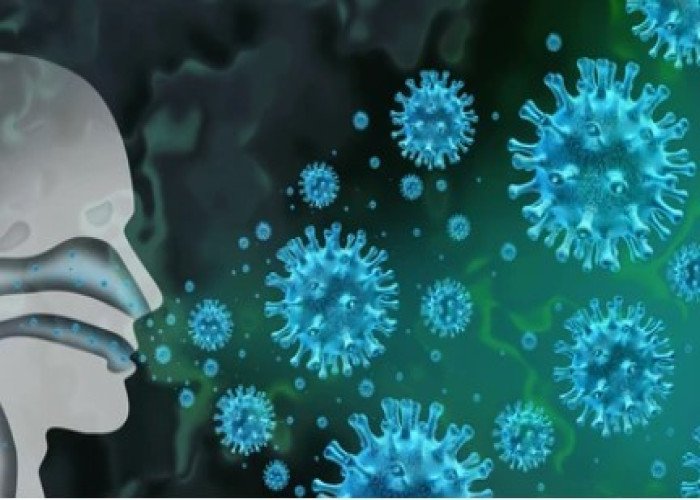 Welcome
Welcome
“May all be happy, may all be healed, may all be at peace and may no one ever suffer."
Meningitis - Homeopathic remedies
Meningitis is an inflammation of the protective membranes that surround the brain and spinal cord, known as the meninges. Meningitis can be caused by a variety of factors, including bacterial, viral, fungal, and parasitic infections. It can also be caused by non-infectious factors such as certain medications, cancer, and autoimmune disorders.
Common symptoms of meningitis include fever, headache, neck stiffness, sensitivity to light, and confusion. Other symptoms may include nausea, vomiting, and a rash.
Bacterial meningitis is a serious and potentially life-threatening condition that requires prompt medical attention. It is treated with antibiotics, and in severe cases, hospitalization may be necessary. Viral meningitis, on the other hand, tends to be less severe and may not require specific treatment.
Prevention of meningitis can include vaccinations, good hygiene practices, and avoiding close contact with individuals who are sick. Some populations, such as college students and military personnel, may be at higher risk for meningitis and may benefit from specific vaccinations.
If you suspect that you or someone you know may have meningitis, it is important to seek medical attention immediately. Early diagnosis and treatment can help prevent serious complications and improve outcomes.

Influenza

Uterine displacement

Inflammation of eyelids

Sneeze

Dream of theft

Infertility

Crazy

Dizziness
Meningitis, মেনিঞ্জাইটিস
To be happy, beautiful, healthy, wealthy, hale and long-lived stay with DM3S.


